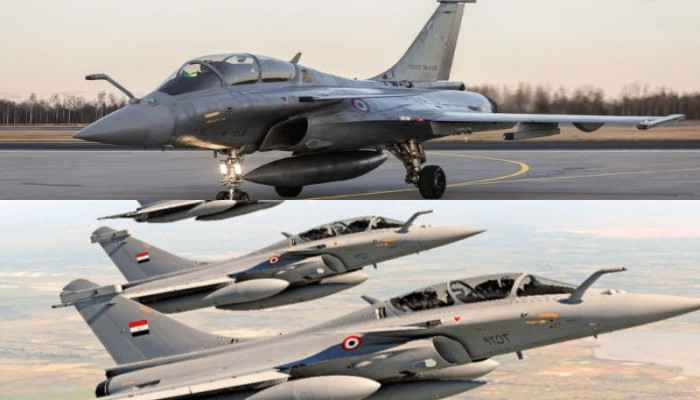Nagpur to become India’s first full Rafale jet assembly hub
- In Reports
- 07:49 PM, Sep 30, 2025
- Myind Staff
Nagpur is set to become a major centre for Rafale fighter jet production in India, as French aerospace company Dassault Aviation plans to set up a full final assembly line at its existing Dassault Reliance Aerospace Limited (DRAL) facility in the Multi Modal International Cargo Hub and Airport (MIHAN) Special Economic Zone.
This will make Nagpur the first city outside France to assemble Rafale jets from start to finish, with the capacity to produce about two jets every month. Moving from making key parts like wings and fuselage to assembling complete jets is a big step for India’s defence and aerospace industries. If the government gives approval, production could start in three years and all 114 jets could be ready within six years, faster than the current production schedule in France.
Nagpur, Maharashtra’s second capital and popularly known as the Orange City, will also help the Indian Air Force meet its urgent need to strengthen fighter squadrons, which currently operate 31 squadrons against an authorised strength of 42, and the city is expected to become an important exporter of Rafale jets.
Indonesia, which has ordered 42 Rafales, might be among the first countries to get aircraft from the Nagpur hub. This would place the city alongside Toulouse in France as a global aerospace manufacturing and export centre.
The DRAL facility in MIHAN SEZ is a joint venture between Dassault Aviation and the Reliance ADA Group and already makes critical components. Adding a full assembly line will expand the plant significantly, creating thousands of jobs in aviation, engineering, electronics, and component manufacturing. The project will also attract supporting industries and strengthen MIHAN’s reputation as a centre for technology and aerospace development.
Hyderabad will support the project by hosting Tata Advanced Systems Limited facilities for fuselage production and Safran’s engine assembly and maintenance operations.
Tata Advanced Systems Limited is expected to start fuselage production in 2027 or 2028, making up to two fuselages per month. This will be the first time Rafale fuselages are built outside France. Safran’s M-88 engine facility will be key for engine upgrades and long-term maintenance.
The Rafales built in Nagpur will have the advanced F4 standard, which includes upgraded radar and electronic warfare systems, improved manned-unmanned teaming with drones, and India-specific upgrades, including joint engine development with the Gas Turbine Research Establishment.
The government aims for 60 per cent localisation, which could cut costs by about 30 per cent and strengthen India’s position as a defence exporter.
If the Defence Procurement Board approves, the Nagpur assembly line could start within three years, speeding up the delivery of 114 multi-role fighter jets to meet urgent operational needs and support future modernisation of the Indian Air Force.
Turning Nagpur into a Rafale production hub is expected to transform the city’s industrial landscape, create many jobs, boost India’s defence manufacturing self-reliance, and increase its global presence in aerospace exports.







Comments